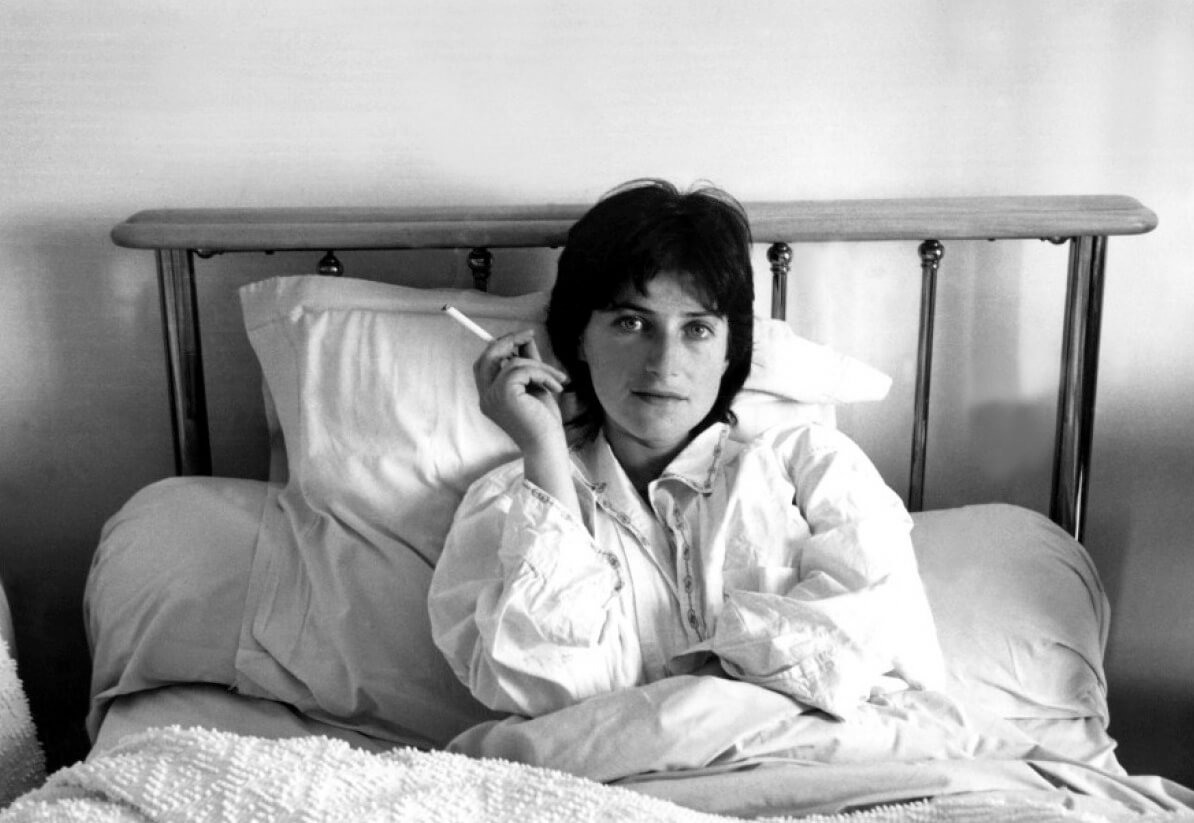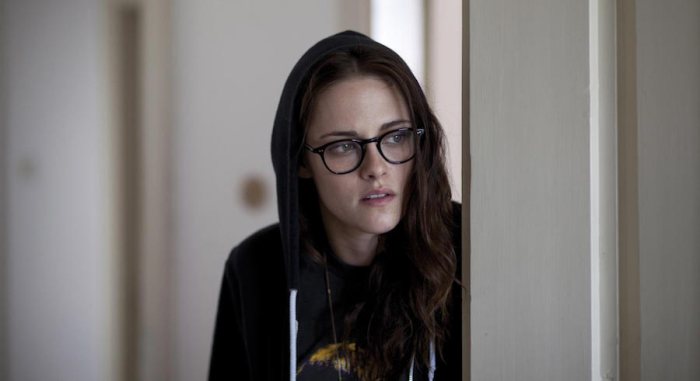Belgian filmmaker and theorist Chantal Akerman has died, it has been reported. She was 65. No official details have been confirmed, but French paper Le Monde has claimed it was a suicide. Akerman’s passing comes shortly after the showing of her latest film, “No Home Movie,” at the Locarno Film Festival. It still has three screenings coming up at the New York Film Festival and is, like much of her work, uncompromising and fantastic. RELATED: Your handy guide to doing the New York Film Festival Akerman has long best known for “Jeanne Dielman, 23 Quai du Commerce, 1080 Bruxelles,” her landmark, 1975 experiment in minimalist cinema. Running some 3 ½ hours, it spies on the daily duties of a stay-at-home single mom (Delphine Seyrig) as she does menial chores, such as cutting potatoes, washing a bathtub and buy groceries — all unfolding in stationary shots that mostly run several minutes at a time. Seyrig’s Jeanne also uses her home to see men, who arrive for wordless dalliances she performs with the same dispassion with which she does her chores. Time, as it does in the similar but different films of Andrei Tarkovsky, Andy Warhol and Bela Tarr, evaporates. And yet “Jeanne Dielman” also trains the willing viewer on how to watch it. Soon, instead of viewing her business as dull, we become enraptured by her every move, in suspense as she does something as basic as set the dinner table. Each time this writer has seen the film the audience gasped at a moment late in when the unraveling Jeanne drops a spoon on the kitchen floor, reacting like a horror movie room would to a boo. Made when Akerman was only 24, it’s a pioneering work of both experimental and feminist cinema. “Jeanne Dielman” tends to loom large over Akerman’s body of work, but she was capable of so much more, not only in terms of breadth (dozens of features, dozens and dozens of shorts) but diversity. She made films even more abstract than “Jeanne Dielman”: the short “Hotel Monterey” and the feature “News from Home,” both made when she lived in New York City in the early ’70s, feature images that are closer to surveillance shots, arranged with no interest for story. (Structurally and aesthetically, “No Home Movie” is closer to these than her other works — a return to one of her many forms.) But Akerman even made mainstream movies, and everything in between. She made a neo-screwball with Juliette Binoche and William Hurt (“A Couch in New York”). She made a musical (“Golden Eighties”). She made a Proust movie (“La Captive”). She made political documentaries (“From the East,” “South,” “From the Other Side”). She made films that were personal (“Les Rendez-vous d’Anna”) or at least cryptically personal (“Je Tu Il Elle,” starring her, in a sweet jacket). She did whatever struck her at the time, and her interests were vast. Akerman’s body of work is one that needs further plundering, especially as her films were acclaimed but not always seen, and her career was sometimes overly defined by the titanic “Jeanne Dielman.” For now, Hulu subscribers can stream “Jeanne Dielman,” “Hotel Monterey” and “Je Tu Il Elle,” though each all but requires a big television, if not a massive screen. Some of her other work can be watched on YouTube. (One can also buy, from Criterion, both “Jeanne Dielman” and the Eclipse Series box “Chantal Akerman in the Seventies,” which features “Je Tu Il Elle,” “News from Home,” “Hotel Monterey” and “Les Rendez-vous d’Anna.” Right now, as in Oct. 6, 2015, one can even take advantage of a Criterion site flash sale.) We highly recommend “J’ai Faim, J’ai Froid,” embedded below — a short from 1984 starring Maria de Medeiros that, like “Jeanne Dielman,” is precise and essentially perfect. RIP. Follow Matt Prigge on Twitter @mattprigge
Chantal Akerman, legendary Belgian filmmaker, dies at 65

Provided


















